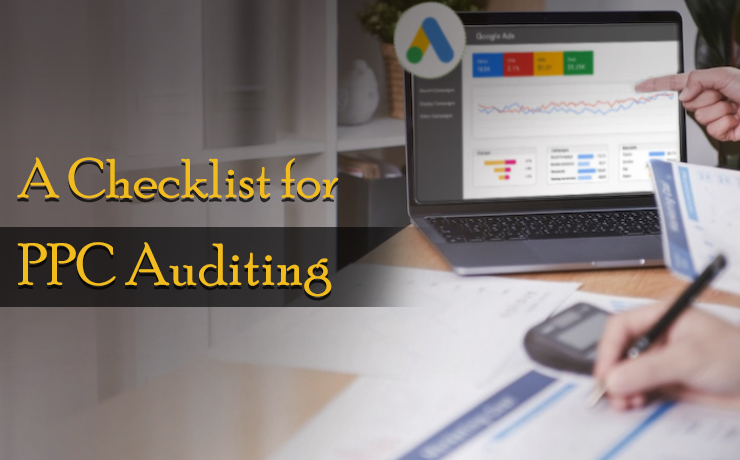
If you manage a Pay-Per-Click (PPC) ad campaign, it is important to review your performance potential in order to maximize your profits. This is where PPC auditing comes in. It can help you optimize your online advertising campaigns to achieve the best possible results. Here are some tips on PPC auditing.
Set Up Tracking Requirements
The first step in running any successful PPC campaign is to ensure that all tracking requirements are properly set up. You’ll need to have a full understanding of where each click originates from and track data points like landing pages, quality score of keywords, bids, and good vs. bad traffic sources.
Check Campaign Structure
Always double-check the campaign structure when performing a PPC audit in order to make sure everything is set up correctly. This includes making sure there are no duplicate placements or targeting, that budgets are optimized accordingly, and that there are appropriate bid modifiers in place.
Analyze Your Ad Copy and Landing Pages
The biggest factor when it comes to optimizing campaigns is having effective ad copy and effective landing pages that convert sales or whatever goal with which you associate your ads. Perform A/B tests as often as possible to determine which type of copy and page structure perform best for different objectives.
Review Performance Statistics
It’s essential to regularly review the performance statistics of each ad group or keyword set in order to identify areas needing improvement or areas that could be tested further for further optimization opportunities. Make sure you take into account factors such as conversions, cost per conversion ratios, click through rates (CTR), Quality Scores (QS), Impression Share and more.
Optimize Your Bids for Conversions
Once you have analyzed all of the performance data associated with a particular advertisement or keyword set, you should look into optimizing your bids for conversions instead of just CPC (cost per click). This will help ensure that your budget isn’t running out too quickly before enough conversions occur – thereby ensuring more value beyond just pay-per-click costs alone!
Check Negative Keywords
Negative keywords play an important role in helping us filter out irrelevant searches so we don’t waste our budget on traffic sources that do not convert well. Make sure you update these lists regularly whenever changes occur in search patterns or new products come onto the market – otherwise your cost per conversion might start coming up higher than expected due to irrelevant searches pursuing unhelpful clicks!
Validate Tracking Codes
If you’re using third party tracking tools such as Google Analytics, it’s important to validate the tracking codes during a PPC audit. If not, you may get inaccurate reports, which affects your ability to make informed decisions. Last but not least, make sure all URLs contain properly functioning tracking codes. This way, their stats can be tracked back via those channels.
 Free
Consultation
Free
Consultation Free
Google Ads Audit
Free
Google Ads Audit








